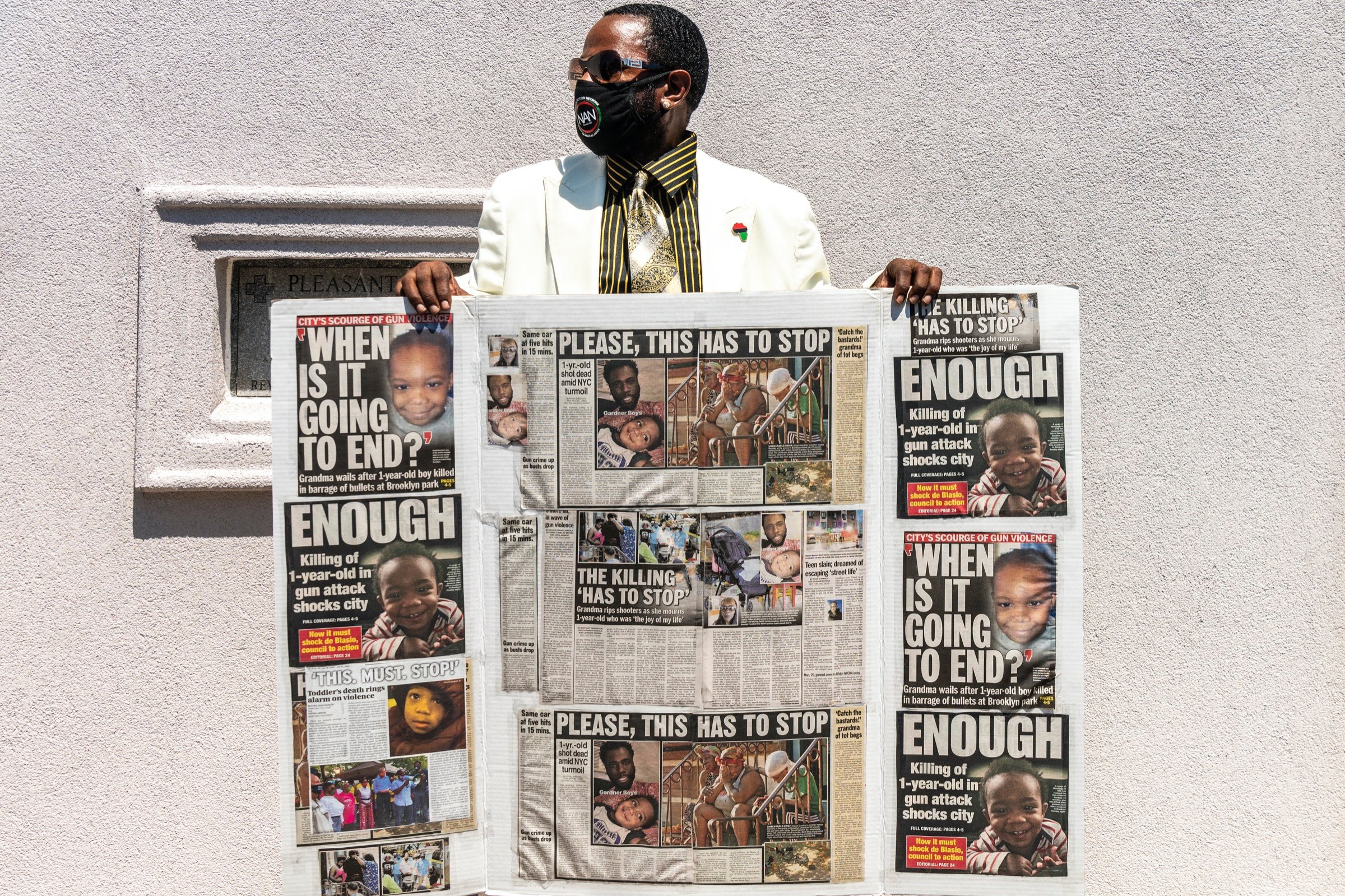UPDATE: On March 30, New Jersey Governor Phil Murphy reversed his decision to close gun stores under his office’s emergency declaration, following a similar revision to a Department of Homeland Security guidance on the matter. Under New Jersey’s updated policy, retailers are allowed to operate on an appointment-only basis. A statement from the governor’s office confirmed that “The NICS background check system will be up and running to process firearms purchases.”
On March 21, New Jersey joined a growing number of states to mandate the closure of nonessential businesses, including gun stores, to slow the spread of the novel coronavirus. But instead of just telling stores to close and hoping for the best, officials in the Garden State shut down the gun background check system, rendering firearm sales virtually impossible.
The decision comes amid a nationwide spike in gun sales as fears of social unrest proliferate. The National Shooting Sports Foundation, the industry’s trade group, reported that gun background checks processed on March 16 had surged 300 percent over the same day in 2019. New Jersey requires checks on all gun sales, including those between private parties.
While most states rely on the FBI to conduct gun background checks, New Jersey is one of 12 “point-of-contact” states that perform their own screenings using federal databases. Following Governor Phil Murphy’s executive order for a lockdown, the New Jersey State Police announced that it was “directing the vendor of the NICS Online Application (NICUSA) to turn off the NICS Online Services.”
The New Jersey Governor’s Office referred The Trace to the Attorney General’s Office, which declined to comment. The State Police did not provide a comment by the time of publication.
Gun-rights advocates immediately decried the move as a suspension of the Second Amendment. “Gun rights exist precisely for emergencies like the one the country is facing right now with the Coronavirus,” reads a release on the Association of New Jersey Rifle & Pistol Clubs’ website. “Honest citizens must be able to defend themselves and their families from all manner of threats in this type of emergency – not be blocked from exercising their Constitutionally guaranteed rights.” The organization said it planned to challenge the executive order in court.
Jon Stokes, the deputy editor at The Prepared and co-founder of Open Source Defense, said the decision recalls ham-fisted efforts by the New Orleans Police Department in the aftermath of Hurricane Katrina to confiscate guns. In the 15 years since, the gun lobby has successfully distorted the collection of a relatively small number of guns in New Orleans into a grave warning for gun owners.
“This idea of emergency powers and shutting off access to firearms — this just touches a deep gun-nut nerve,” Stokes said. He added that New Jersey’s closure of the background check system is particularly worrisome because it revealed a new method of restricting access to weapons and caught many gun-rights supporters by surprise.
While other states have classified gun stores as nonessential businesses and ordered them to close, Jake Charles, the executive director of Duke’s Center for Firearms Law, said New Jersey’s decision to shut down its background check system is unprecedented. “I’m not aware of any cases where the state decided to stop processing background checks and thereby halt new gun transfers,” Charles said. “A decision on New Jersey’s authority to do so in times of urgent public crises could have far-reaching effects on the 11 other point-of-contact states.”
So far, no other states that process their own background checks have hinted that they plan to follow New Jersey’s lead. At least two have imposed statewide lockdowns that deem gun stores nonessential businesses that must close.
In California, local police have closed several gun stores in violation of local shelter-in-place orders. When reached for a statement, the California Department of Justice, which administers gun background checks in the state, referred The Trace to the Governor’s Office, which did not immediately respond to a request for comment.
In Pennsylvania, Trooper Brent Miller, the director of the State Police’s communications office, said the Pennsylvania Instant Check System, or PICS, remains online. Miller said he didn’t know if the system was still receiving requests for background checks on prospective gun purchasers, but was being used to screen applicants seeking concealed carry licenses. “There have been some rumors circulating that PICS was shutting down, but those are false,” Miller said. “It is fully operational.”
Additional reporting by Brian Freskos.


